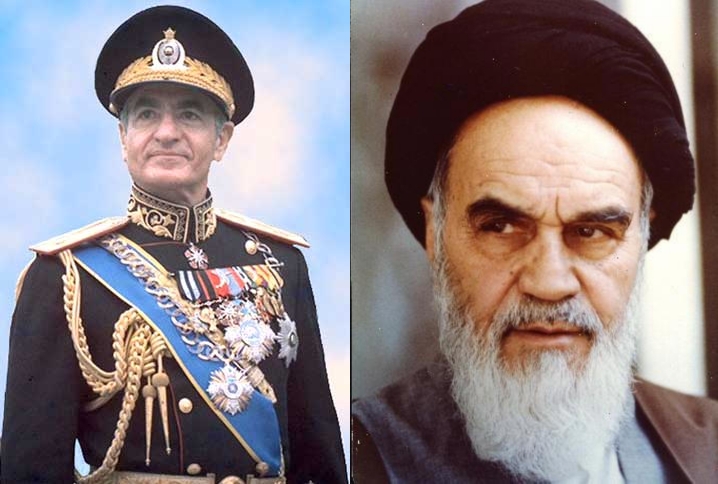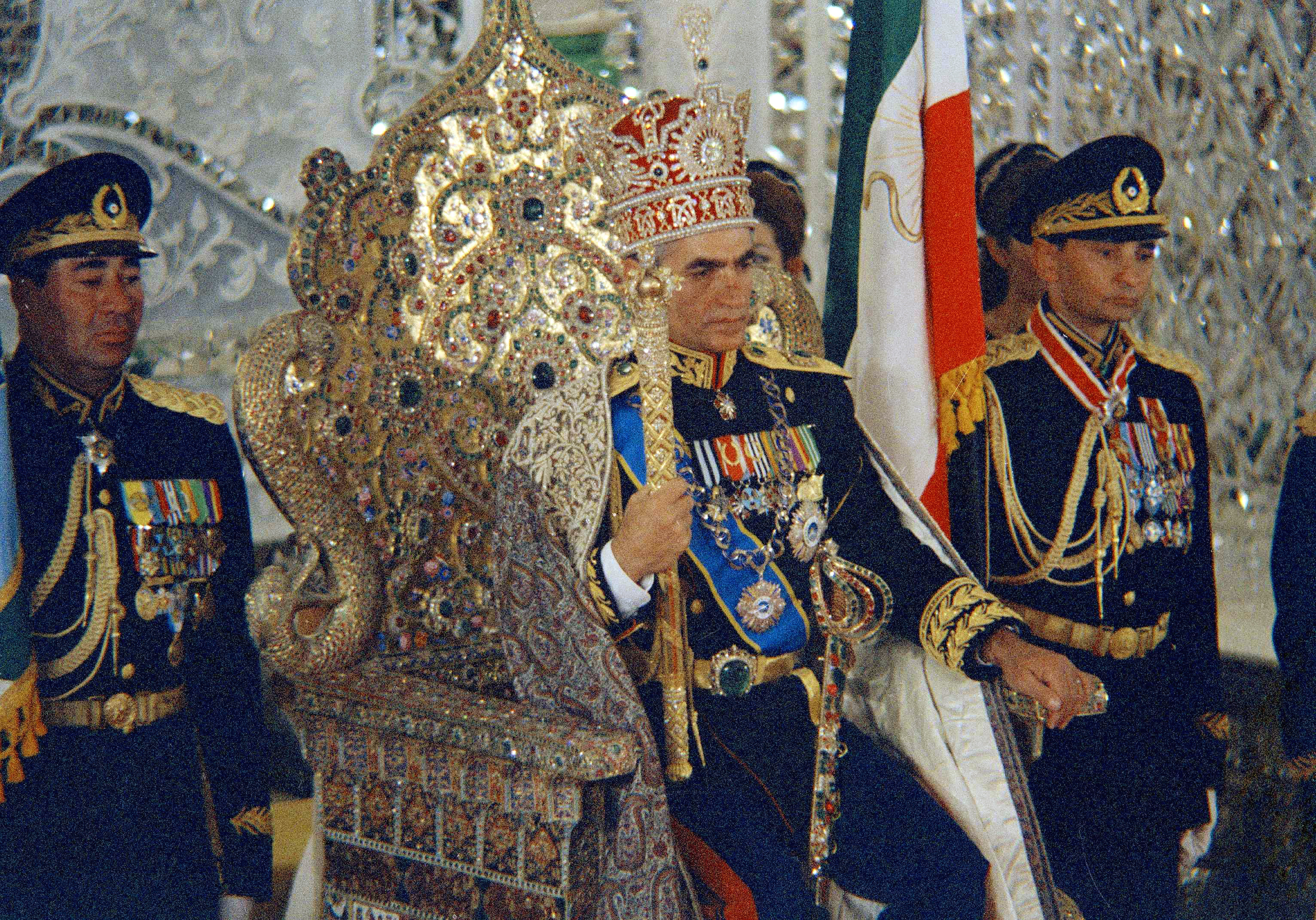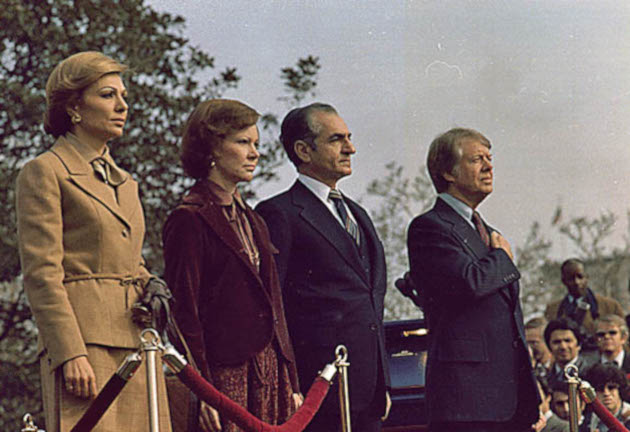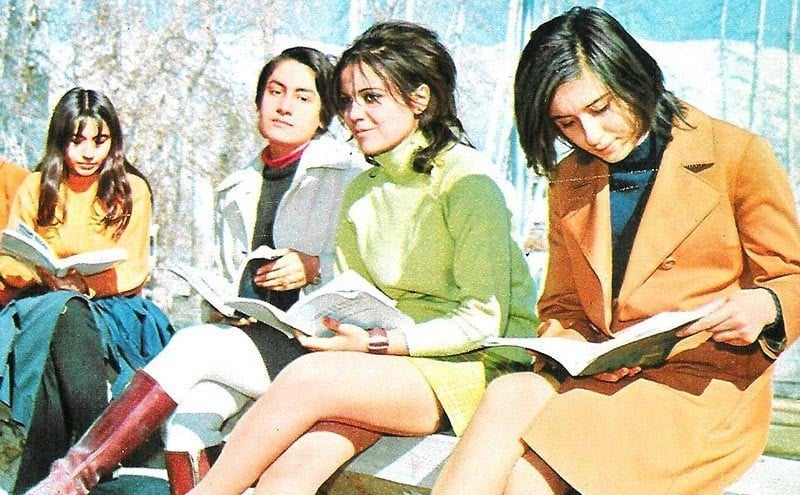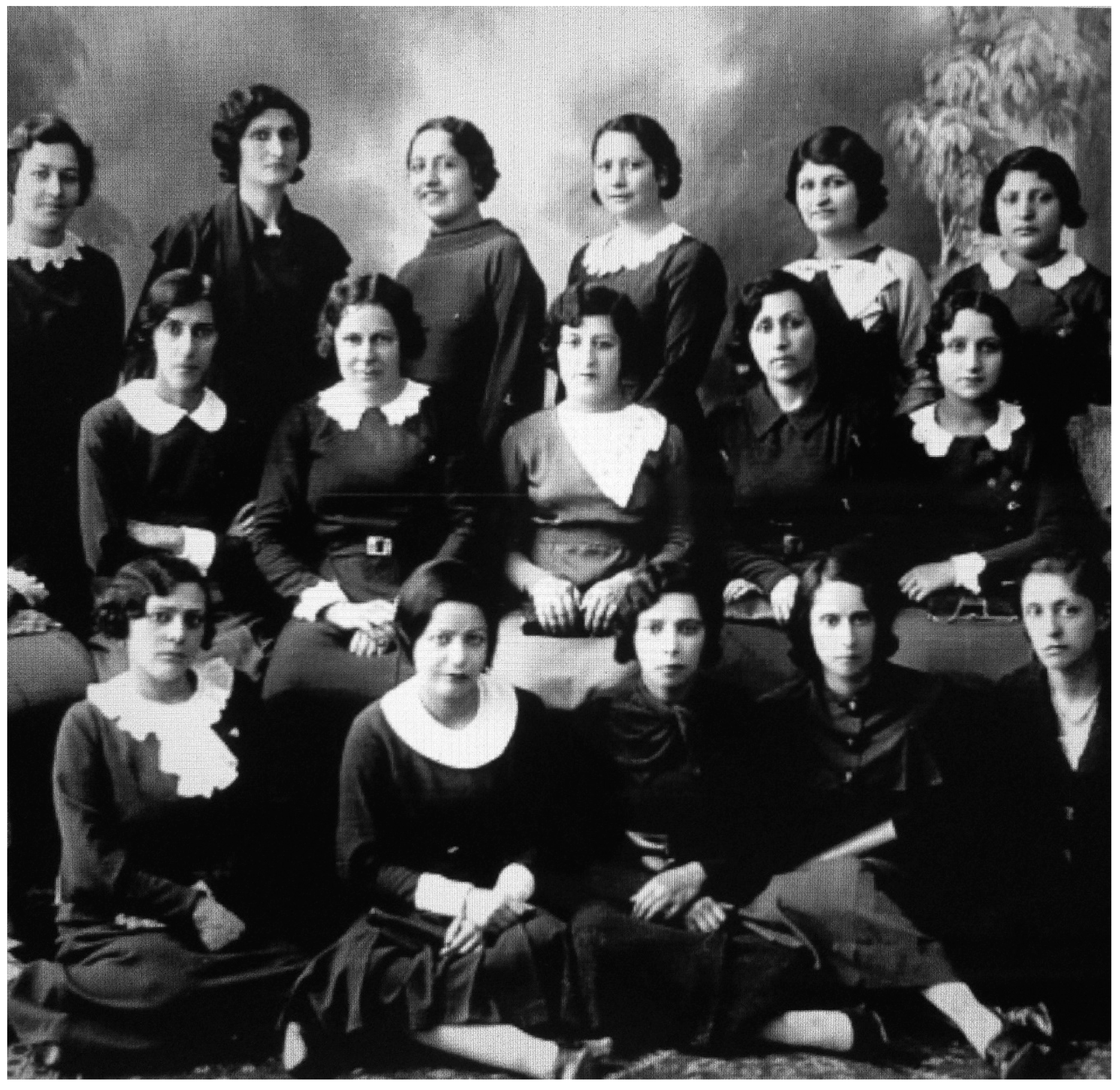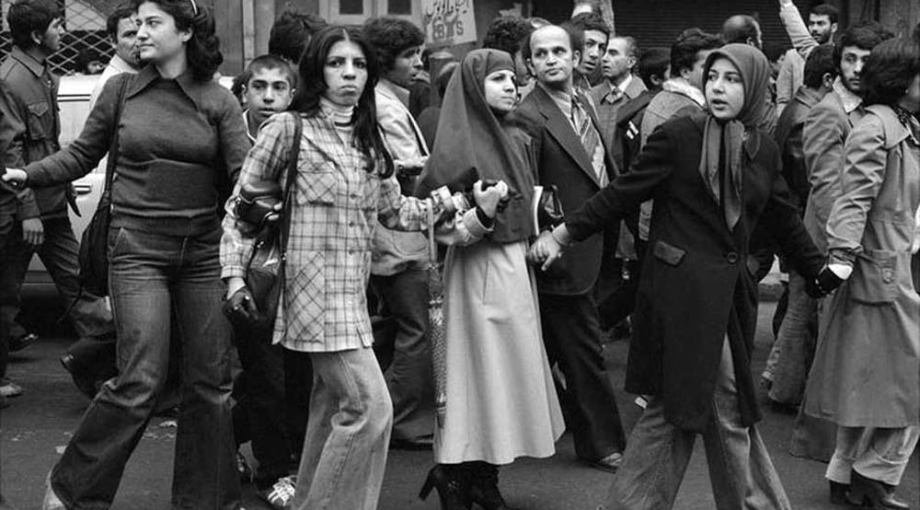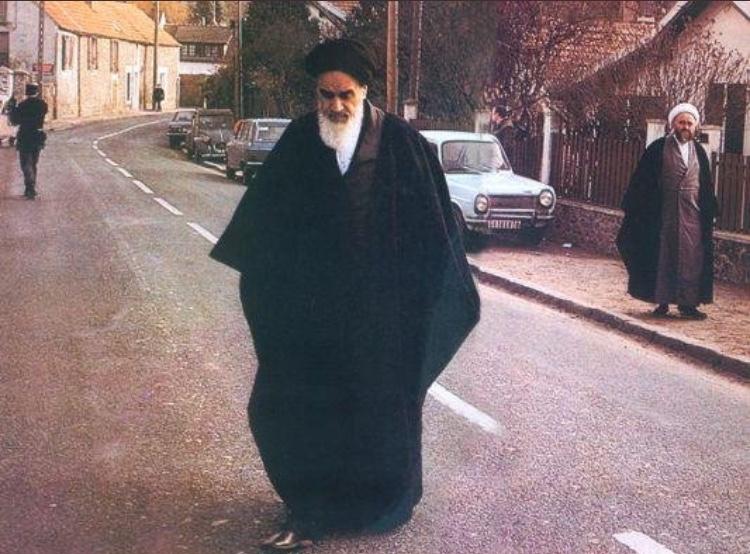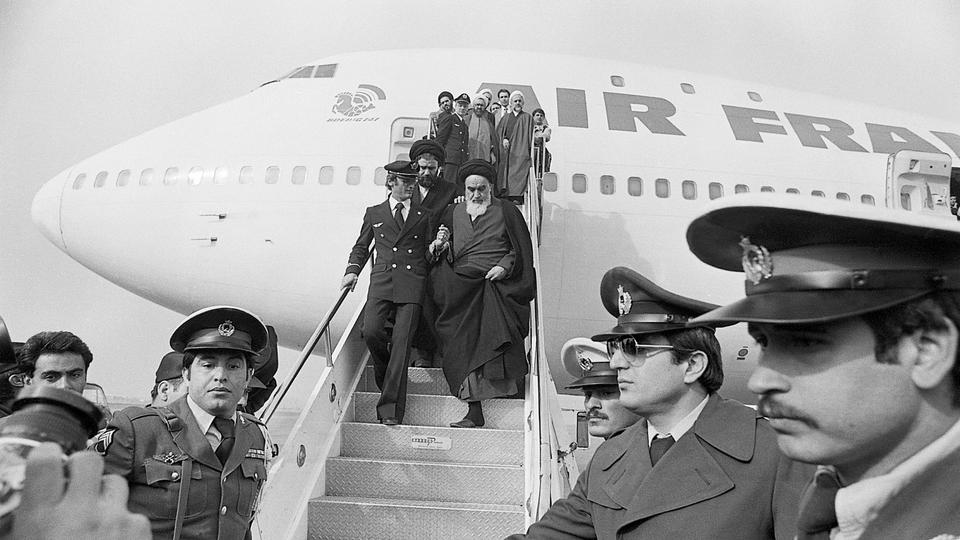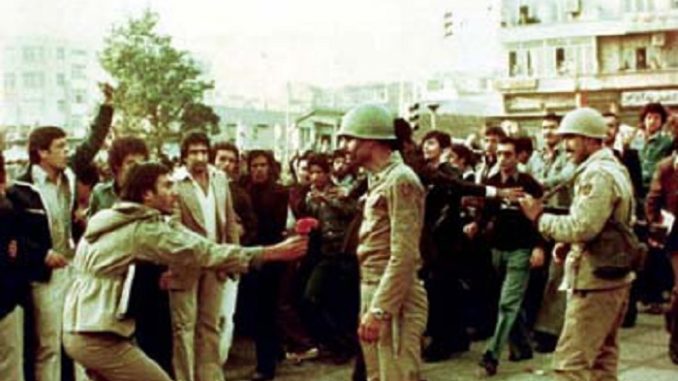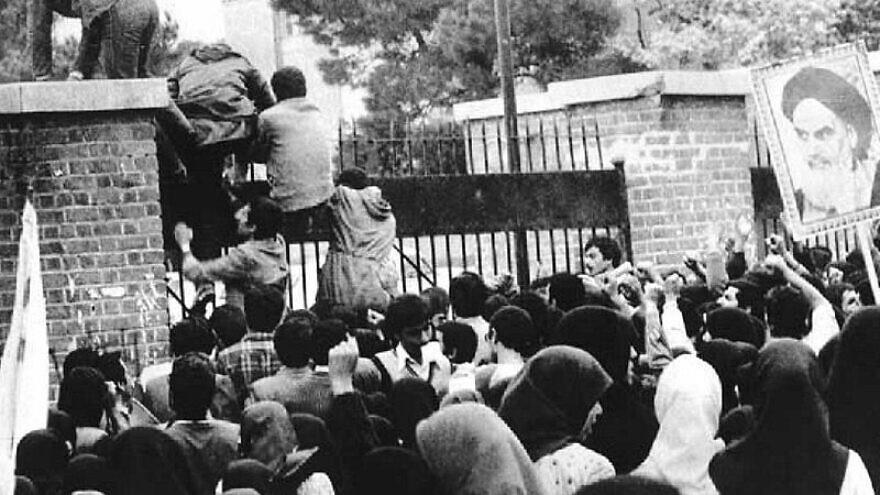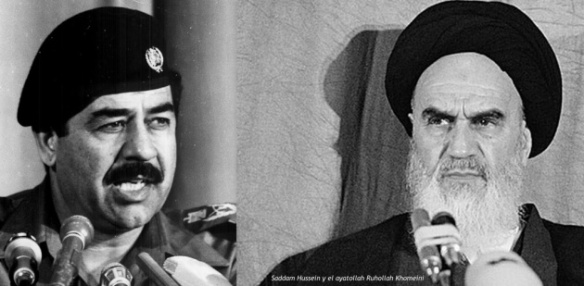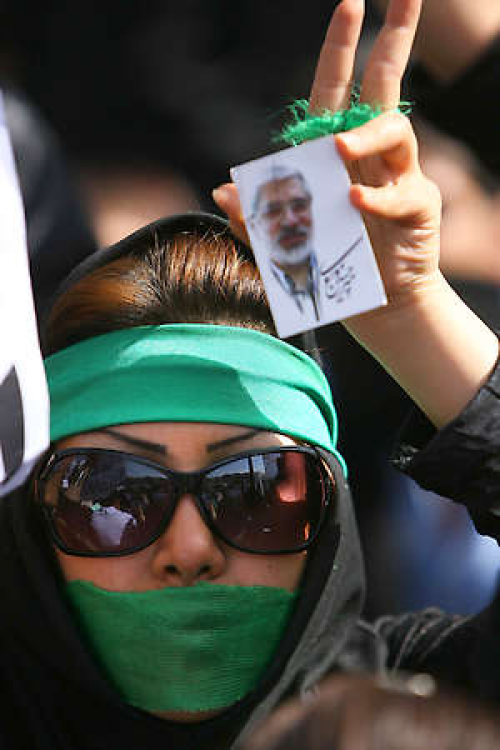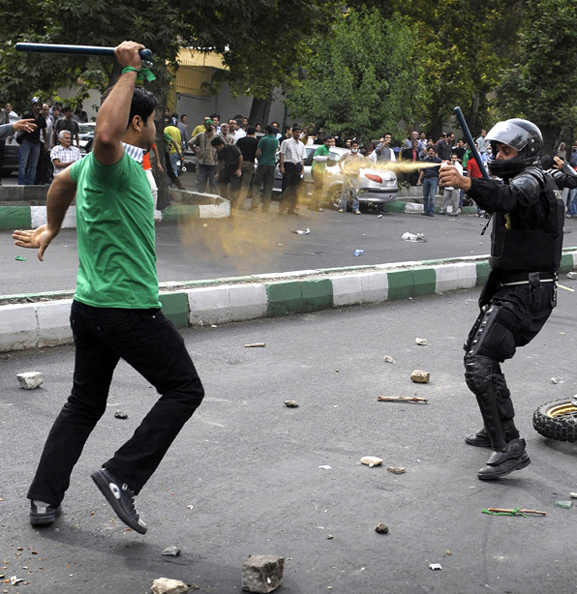Dr Heckyll
Molecule
- Joined
- Apr 26, 2016
- Messages
- 6,965
- Nebulae
- 30,990

The Representation of the People Act, 1918, is most famous for enfranchising (some) women in the UK, however it also extended the vote to all men aged 21 or above, regardless of their property. In the late Victorian and Edwardian period some 30% of men were unenfranchised as a result of property and residency requirements spawned out of the 'householder' franchise of the 1867 Reform Act.
Although the vote for women which came with the Act has been used in conventional narratives which say that the vote was an "award" for war work and patriotism by women, various historians have pointed out that the vast majority of women engaged in munitions and war work were left unenfranchised, AKA young women aged less than 30, as the Act enfranchised only women aged 30 and above. It would not be until 1928 that British men and women would have an equal franchise.
Last edited:
Reactions:
List















